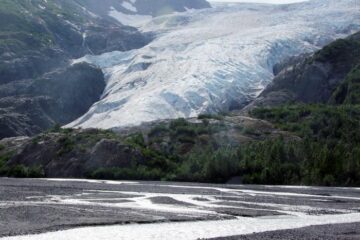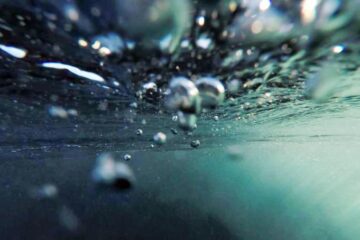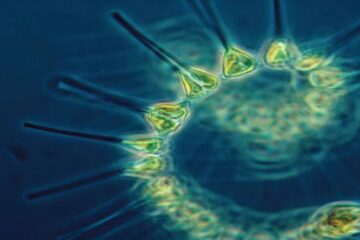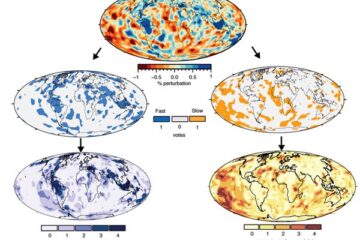
Retreating glaciers in the Pacific mountains of western North America could produce around 6,150 kilometers of new Pacific salmon habitat by the year 2100, according to a new study. Scientists…

The movement of water masses in the ocean, its circulation, is an essential component of the global climate system. In a study recently published in the journal Proceedings of the…

Red Sea phytoplankton blooms change seasonally and interannually in response to climatic events. A KAUST study has analyzed satellite data over two decades and its findings will underpin other investigations…

Melting causes accelerated ice loss at tidewater glaciers, releasing pressurized bubbles. As the world’s temperatures rise, tidewater glaciers are receding and melting, releasing air trapped in the ice. Scientists can…

Coastal organisms thrive on floating plastic debris in the “great pacific garbage patch”. Coastal plants and animals have found a new way to survive in the open ocean—by colonizing plastic…

A new study detects the unique seismological signature of an electron spin crossover in the deep Earth. Most are aware that electrons are negatively charged particles that surround the nucleus…